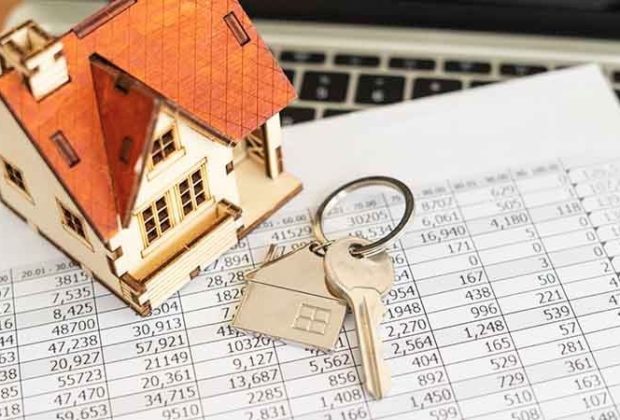Whenever you are buying or selling property, there are some legal aspects to the transaction that you are advised to instruct a conveyancer to handle on your behalf. Property transactions are rarely entirely straightforward, and while it might be tempting to handle the paperwork yourself to save some money, any hiccup that you are not experienced enough to deal with could result in a headache at best; in the worst case, it could lead to a much bigger bill than anticipated. Some mortgage lenders will also insist that a conveyancer is instructed.

How much will it cost?
The conveyancing process is uniform across England and Wales, and fees should also be quite standard as well. You can expect to pay between £850 and £1,500 for the legal fees, plus disbursements. The conveyancer you choose may offer additional services, or you may require different things depending on where your property is, whether you are using a mortgage to fund part of a purchase, and whether you are selling a property at the same time as purchasing one. It is wise to get quotes for the legal fees from a few different conveyancers to enable you to budget for your conveyancing costs and ensure you are not paying more than you should be.

What is stamp duty?
Stamp duty is a tax that your conveyancer will collect from you on behalf of the government. The amount of stamp duty you pay will depend on the value of the property you are purchasing and whether you are a first-time buyer. Further information about stamp duty, including the current stamp duty holiday, can be found on the HMRC website.
What other charges will there be?
In addition to the legal fees and stamp duty, conveyancers such as Sam Conveyancing will charge for additional items that are known as disbursements. Typical disbursements that you should be prepared to pay for as part of your transaction are:
- Money Laundering Identity and Fraud Checks
- Title Deeds
- Searches
- Transferring ownership through the Land Registry
- Telegraphic or Bank Transfer Fees
- Help to Buy supplement
What if the transaction falls through?
Some conveyancers will offer a no sale no fee agreement, but even under these types of agreements, you might only avoid the legal fees. Any disbursements paid to outside agencies, such as the local authority for searches, are likely to be lost. There is no guarantee on a property transaction until contracts are exchanged. Fortunately, most of the money is paid at exchange of contracts or on completion. You will not pay the legal fees, stamp duty or the amount to purchase the property until the transaction is complete.




















